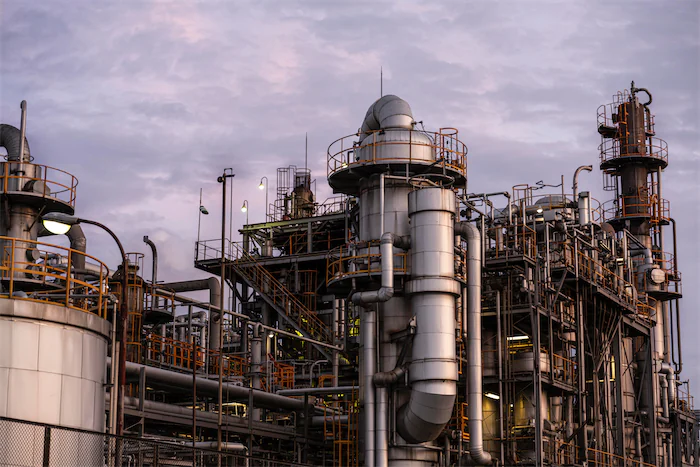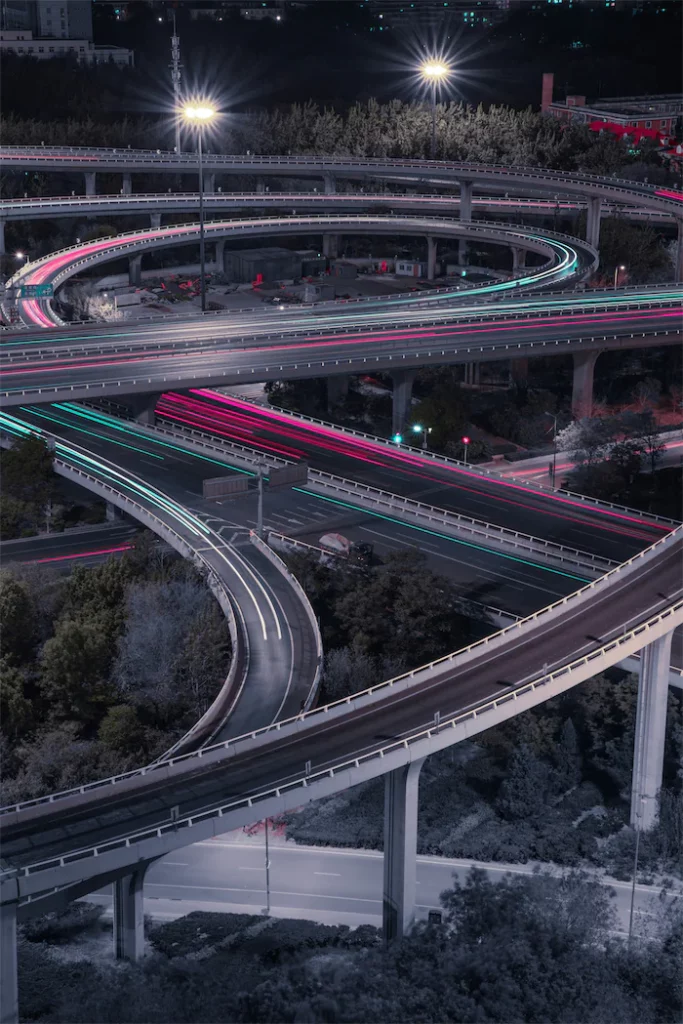Ministry of Mines and Energy launches Public Call to select Low-Carbon Hydrogen Hubs

Selected projects may be included in Brazil’s investment plan to access funds from the Climate Investment Funds – Industry Decarbonization, estimated at USD 125 to 250 million per country. As part of its industry decarbonization strategy, the Ministry of Mines and Energy (“MME”) recently issued a Public Call to identify innovative proposals for developing commercial-scale low-carbon hydrogen hubs in Brazil.
Future Fuel Law is enacted, marking a key step in the energy transition

The new law drives the use of sustainable fuels, regulating carbon capture technologies, and promoting the transition to a low-carbon energy matrix.
Low-Carbon Hydrogen Development Program will allow tax credits offsetting

On September 30, 2024, Law No. 14,990, of September 27, 2024, entered into force, providing for the Low-Carbon Hydrogen Development Program (PHBC). The Low Carbon Hydrogen Development Program (PHBC) had been vetoed by the President when Law No. 14,948, of August 2, 2024, was enacted, as analyzed in the Informa of August 13, 2024 and in the Newsletter of the same month.
Continuation of licensing processes

On July 1, employees from the Brazilian Institute of Environmental and Natural Resources (IBAMA) and the Chico Mendes Institute for Biodiversity Conservation (ICMBio) began a general strike in 25 States. Since the start of the year, IBAMA has been operating in a slowdown mode with reduced workforce.
Proposal excludes financial expenses from the list of items that can be funded with debenture proceeds

The Ministry of Transport has launched a public consultation on the rules governing the requirements and procedures for classifying and monitoring priority investment projects in the road and rail infrastructure sector for the issuance of incentivized and infrastructure debentures.
The Ministry of Mines and Energy (MME) takes the lead and unlocks infrastructure debentures for a sector with billions in demand (ATTACHED)

The electric sector has taken the lead in enabling the new infrastructure debentures, providing the final push needed for companies in distributed mini-generation to issue this type of bonds. These companies generate power in small plants of up to 3 megawatts (MW) of installed capacity, mostly from solar photovoltaics, to serve low-voltage consumers.
Infrastructure debentures roll out with no backlog for issuance as the market awaits further details

The financial and infrastructure markets are still awaiting further guidelines to structure transactions with the new debentures, despite the publication of a decree in the last week of March regulating this type of bond for sector financing. The Brazilian Association of Infrastructure and Basic Industries (ABDIB) estimates that the sector will invest more than BRL 1 trillion by 2027, considering federal, state, district, and municipal concessions and Public-Private Partnerships (PPPs).
Special Report: Infrastructure debentures roll out with no backlog for issuance as the market awaits further details

The financial and infrastructure markets are still awaiting further guidelines to structure transactions with the new debentures, despite last week’s publication of the decree regulating these bonds for sector financing.